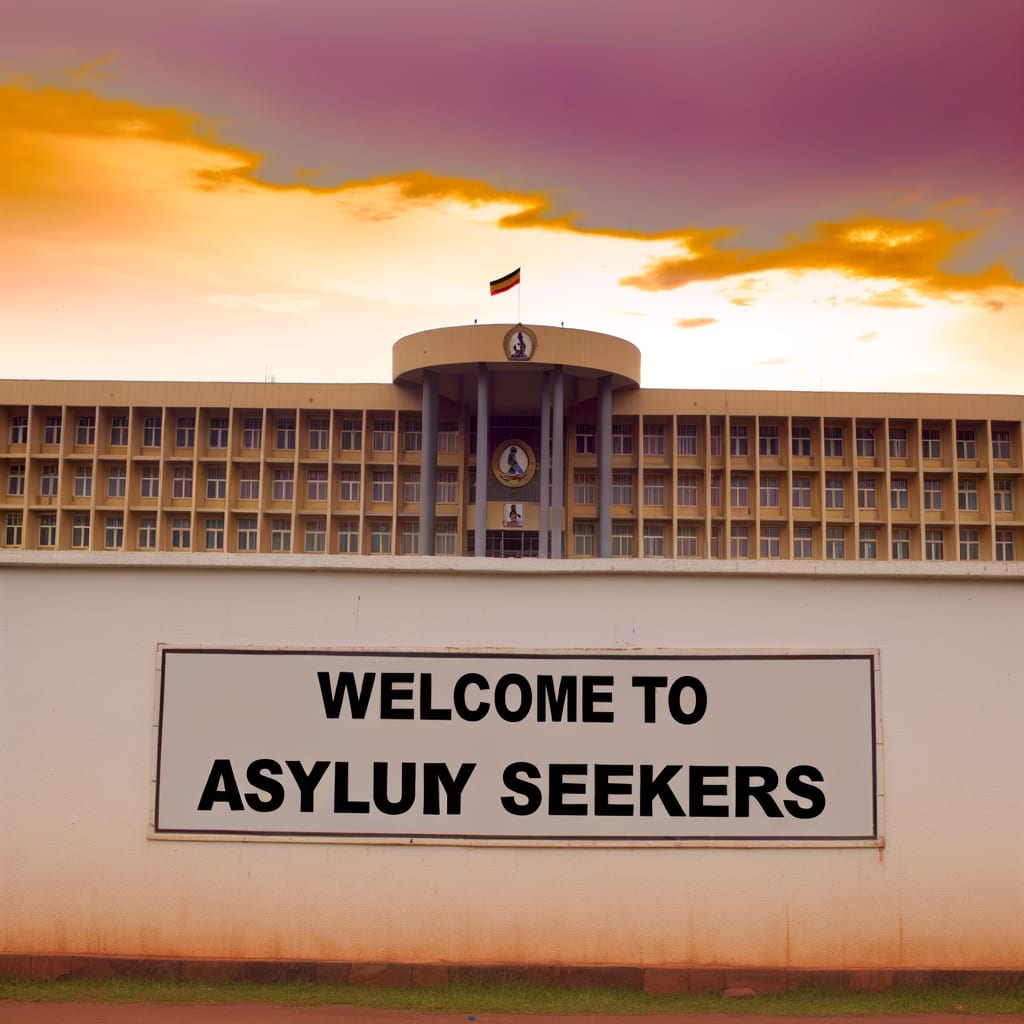Uganda Confirms Conditional Agreement with U.S. to Accept Deported Migrants
Uganda has confirmed signing a conditional agreement to accept certain third-country nationals who have been denied asylum in the United States, following contradictory reports about the deal. The East African nation will not accept people with criminal records or unaccompanied minors under the agreement, according to multiple sources.
Background and Context
The Trump administration has been seeking to expedite deportations of migrants to third-party countries, as part of its immigration policy. Previously, migrants convicted of crimes in the U.S. were deported to non-native countries, including Eswatini and South Sudan. The new arrangement with Uganda marks a potentially significant shift in the pattern of U.S. deportations.
Key Developments
Contradicting earlier reports, Ugandan officials confirmed that they have reached an agreement with the U.S. government to accept deportees. The Ugandan Foreign Affairs Ministry stated that the two parties are working out the detailed modalities on how the agreement shall be implemented.
However, it did not disclose whether Uganda was receiving any payment or other benefits, or how many deportees it would accept.
Henry Oryem Okello, Uganda’s state minister for foreign affairs, had previously told Reuters that the country did not have the capability to take in immigrants, indicating a potential about-face by Ugandan officials. Furthermore, documents obtained by CBS suggested that the Trump administration had signed deals with Uganda and Honduras to take foreign deportees.
Implications and Reactions
The agreement has sparked mixed reactions, with some rights groups fiercely criticizing the Trump administration's deportation policies. At the same time, Uganda already hosts the largest refugee population in Africa, at roughly 1.7 million, according to the South China Morning Post. This new agreement could amplify the pressure on Uganda's resources and infrastructure, though it remains unclear how many additional migrants the country will accept.
A Ugandan official stated that the country would prefer to receive people from African nationalities under the agreement, hinting at a potential limitation on the nationalities of the deportees Uganda is willing to accept.
Current Status
Despite the apparent contradiction in early reports, the consensus now appears to be that an agreement has been reached, albeit with conditions. The Ugandan government has yet to reveal the details of the agreement, including the number of deportees it will accept and whether it will receive any compensation or benefits in return. The final implementation of the deal will likely depend on the resolution of these details and the response from the international community.

